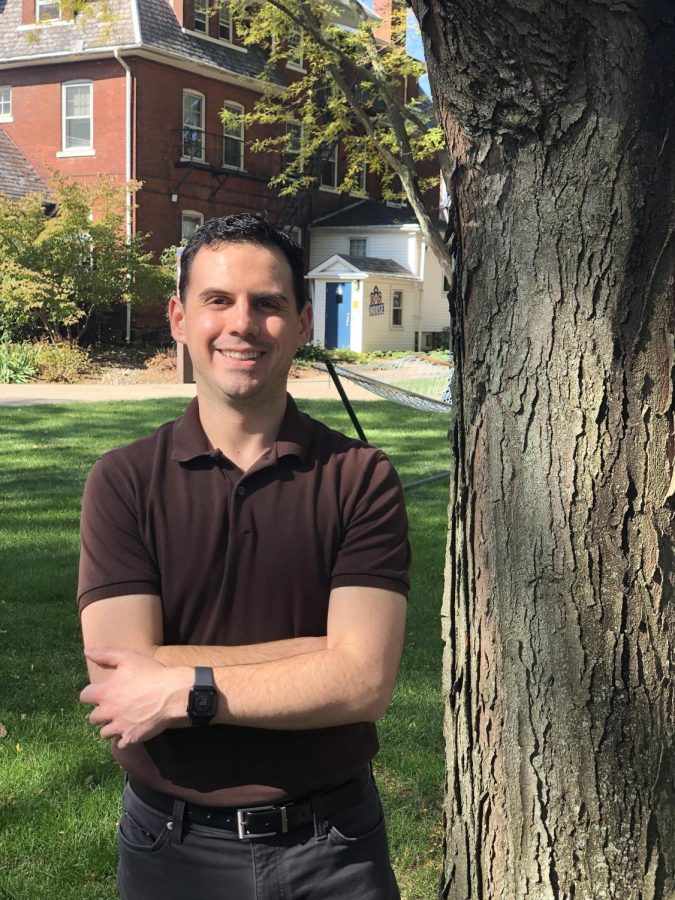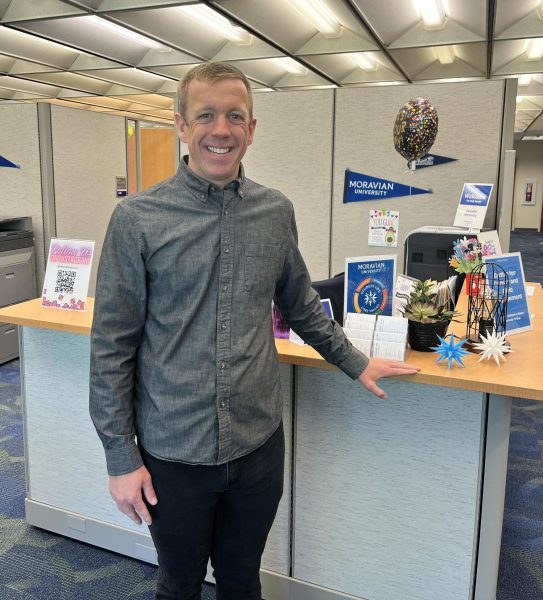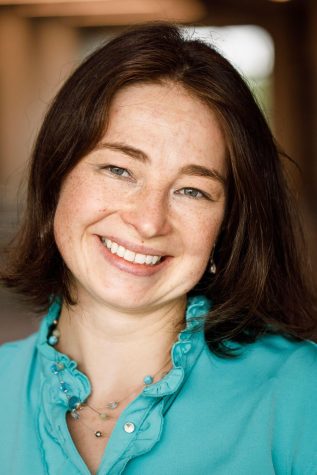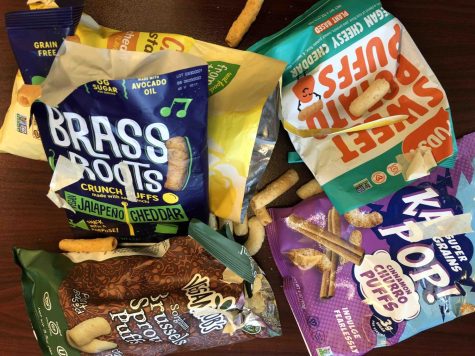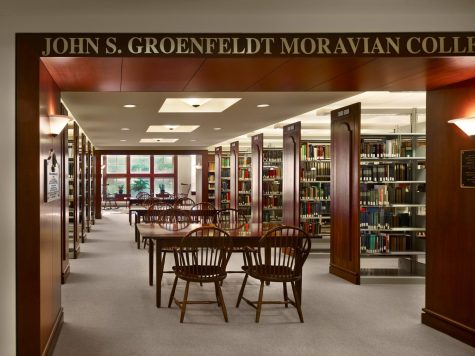Professor Spotlight: Samuel C. Rhodes
Dr. Samuel Rhodes is an assistant professor of political science. He earned his B.A. at Shippensburg University and his M.A. and Ph.D. from Washington State University.
What inspired you to go into your field of study?
First, growing up in a house where politics was discussed often and activism was encouraged. Second, empowering professors and advisors who pushed me to grow in healthy and constructive ways. Third, a sense of satisfaction that I can use what I know to shape political outcomes in meaningful ways.
What research are you currently working on?
The psychological mechanisms behind why people believe misinformation when they suspect that it may be from a questionable source. I believe that many of our political challenges are at least partly shaped by so-called fake news and misinformation.
What do you think is the most recent important development in your field of study?
I believe greater attention to the impact that group membership has on individual behavioral outcomes has been impactful. Many times people will ignore their own personal interests because membership and inclusion in a group is of paramount importance to social creatures like humans. This is worth paying attention to, as a narrow construction of one’s identity can threaten solidarity with others from different backgrounds.
What job would you have if you couldn’t be a professor, regardless of salary and job outcome? Why?
While I enjoy the time I spend teaching and researching, I really enjoyed my time working in professional politics. As a young person in the 2000s, my generation was molded by tumultuous experiences involving terrorism, the subsequent war on terror and the financial meltdown. However, it still felt possible to make significant changes in the lives of other people. I have volunteered and worked on political campaigns that lead to the passage of the Affordable Care Act, the repeal of “Don’t Ask Don’t Tell”, and an economic stimulus bill that helped avert a second depression. To have even a small part in any of those outcomes is incredibly empowering.
What do you know now that you wished you knew when you were in college?
I learned part of the way through college how important library time was. Find a very quiet place that is not your home to work and study. Turn off your device or notifications and simply focus.
What is your biggest student pet peeve?
Like every professor ever, unfamiliarity with the course syllabus.
What should students expect from your classes? What is the secret to succeeding in your classes?
Same answer: read a lot. Be open to reading things that span the range of inspiring, disturbing, challenging and beautiful.
What was the last streaming show you binge-watched or the last good book you read?
“Union: The Struggle to Forge the Story of United States Nationhood,” by Colin Woodard. I am a political communication scholar, so I like to learn how media shape our understanding of the world. The book chronicles how the United States can be a country that produce an individual like Frederick Douglass, whose memoirs and activism helped shift public opinion on slavery and civil rights. But at the same time, this country can also produce influential directors like D.W. Griffith, whose films like “Birth of a Nation” that celebrate the racist vigilantism of the Klan. I think we are at a similar crossroads today over what kind of nation we want to be and what direction we should take.
What is something interesting about you that most people don’t know?
I was an exchange student in South Korea. I really enjoyed my time there and returned after university to teach English. I loved learning about Korean people and culture: I studied Taekwondo for years and have a lifelong obsession with Korean food, drama and music.
What advice do you have for new or prospective political science students?
I think this applies to all students regardless of major: be very open to the idea that your career is most likely going to change several times. Because you should expect this to happen again and again, use your time at university to learn about as much as you can. As a liberal arts faculty member, we have a strong interest in making sure you leave Moravian with a well-rounded education in a diversity of subjects – humanities, social sciences, hard sciences, etc. Do not write off any subject because you don’t think it applies to you. You will find out in short order how interconnected everything is.
Is there anything else you’d like to share?
Most political scientists will tell you that the United States is experiencing a profound democratic crisis. Some consider the United States to be a “flawed democracy” due to the problems associated with our political culture; Americans have trouble agreeing on basic facts surrounding existential challenges to the republic, such as the January 6 insurrection and widespread belief in the so-called “Big Lie” of a stolen 2020 election. In a larger sense, the social cohesion of the United States – the invisible glue that keeps Americans bound together in union – appears to be fraying. In one sense, this is extremely troubling and cause for serious alarm. But in another, it represents an opportunity for the next generation to step up to the plate and demonstrate leadership that this country desperately needs right now. Part of the reason that I became a professor is because I believe that the training of young people is integral to the survival and growth of this country.


